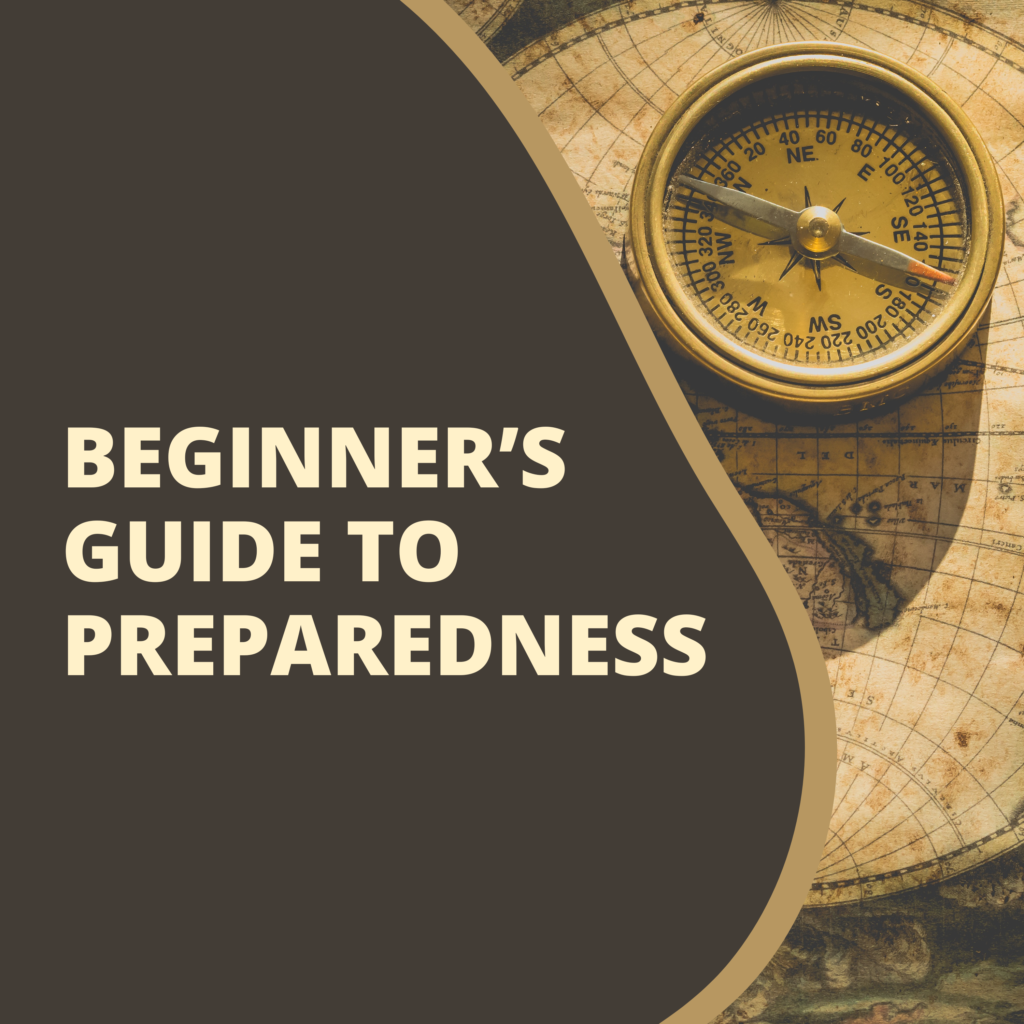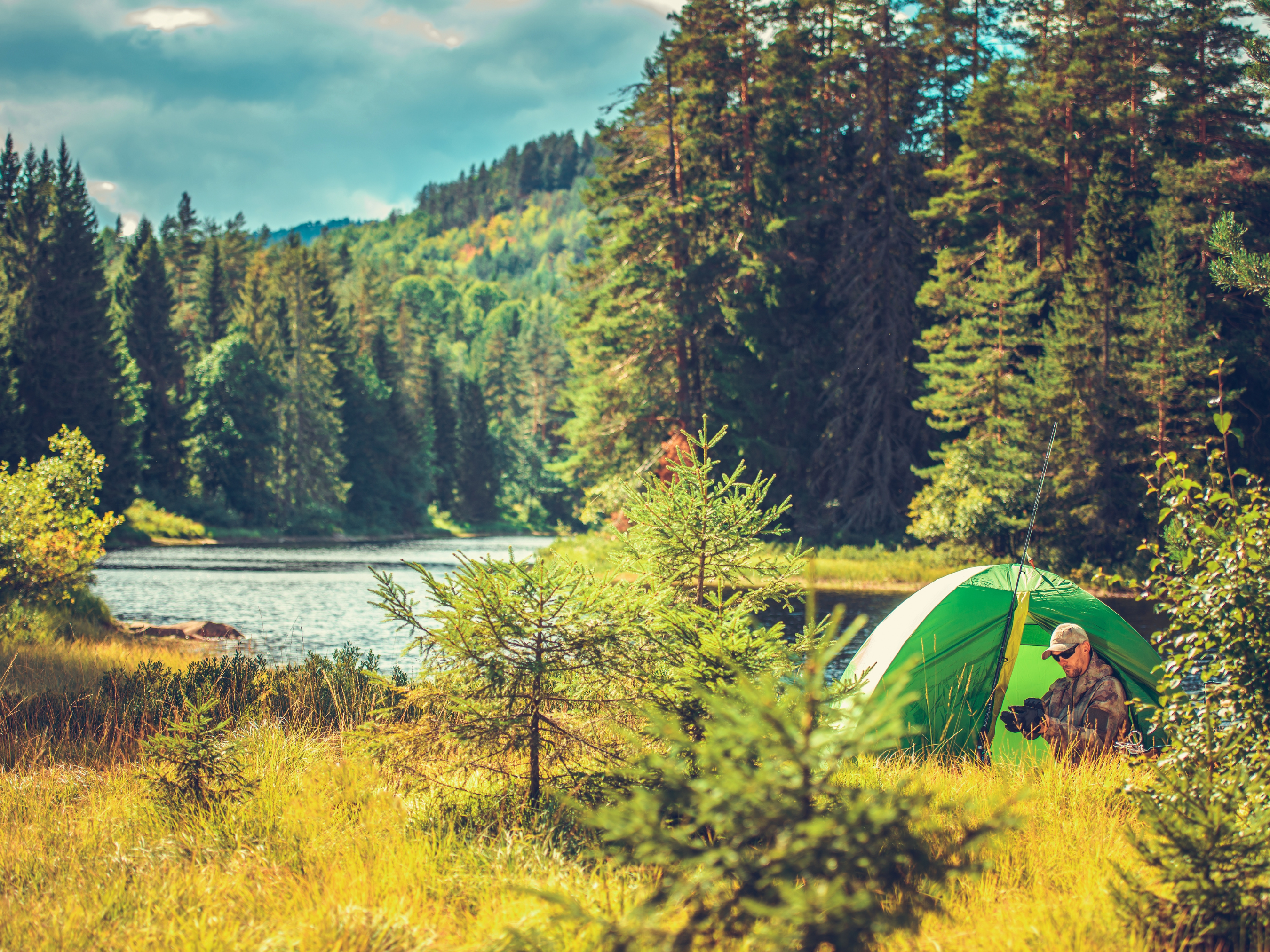
Practice Areas
Being a first-choice employer within our sectors. Our process applies techniques from a variety of disciplines.
01
Stay Informed: Start by educating yourself about potential emergencies in your area, such as natural disasters or power outages.
02
Build a Kit: Begin assembling a basic emergency kit with essentials like water, non-perishable food, a flashlight, batteries, first aid supplies, and any necessary medications. Store these items in a portable container in an easily accessible location.
.
03
Learn Basic Skills: Acquire fundamental survival skills such as starting a fire, purifying water, and administering basic first aid. Practice these skills in a safe environment to build confidence and proficiency.
04
Create a Communication Plan: Establish a communication plan with your family or household members in case of separation during an emergency. Determine a meeting point and designate an out-of-area contact person to coordinate information.
05
Stay Organized: Keep important documents, such as identification, insurance policies, and medical records, in a waterproof and portable container. Make digital copies of these documents and store them securely online. If Possible make copies of important documents.
.
06
Stay Calm: In the event of an emergency, remain calm and focus on your priorities: safety, shelter, and sustenance. Trust your instincts and use your preparedness knowledge to navigate through challenging situations.
Remember, preparedness is a journey, not a destination. By taking these initial steps, you’re already on the path to becoming better equipped to handle whatever comes your way. Stay tuned to PrepBeginner.com for more tips and resources to support your preparedness journey!
Preparedness for Beginners
Empowering beginners to thrive in any situation with practical tips and essential resources at PrepBeginner.com.”
